Toyota has previewed its future plans for the electrification of its model line-up with new battery technology with a range of up to 932 miles (1,500km).
The Japanese brand said it will introduce a “step-change” in battery performance before 2030 with investment in new energy density, weight reduction and aerodynamic developments, as well as breakthroughs in lightweight solid-state vehicle batteries that will take less time to produce compared with current battery technology.
Toyota will launch EVs with ranges of around 621 miles by 2026 and predicts it will be able to further improve battery technology to provide a range of up to 932 miles before 2030.
At the same time, Toyota said it aims to cut costs by 20% compared to the current bZ4X and achieve a quick charge time of 20 minutes or less from 10-80% power.
Toyota is also developing low-cost batteries that it says will contribute to the spread and expansion of battery electric vehicles (BEVs).
The bipolar structure battery, which has been used in the Aqua and Crown hybrid vehicles, is now being applied to BEVs.
The battery uses lithium iron phosphate (LFP) and is expected to be available from 2026-2027.
The low-cost battery will offer a 20% increase on range compared to the current bZ4X (up to around 375 miles), but come with a 40% reduction in cost, and recharging in 30 minutes or less (10-80% charge).
While Toyota has pioneered with hybrid technology, it currently only has its bZ4X as a battery electric vehicle (BEV) from its car range, as well as its small and medium electric Proace vans. The brand is planning to rapidly catch-up with other brands and plans to expand with 30 BEVs before 2030.
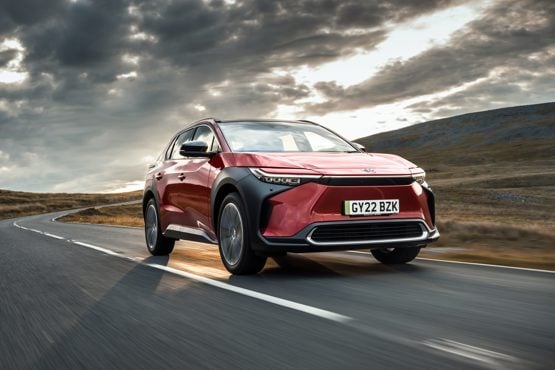
Solid-state battery development
However, it is the development of all-solid-state batteries which could deliver a step-change in how far the manufacturer's car will trave on a single charge in the future.
Having discovered a technological breakthrough that overcomes the longstanding challenge of battery durability, the Toyota says it is reviewing its introduction to conventional hybrid electric vehicles (HEVs) and accelerating development as a battery for BEVs.
It is currently developing a method for mass production, striving for commercialisation in 2027-2028.
The technology, it says, will deliver a 20% improvement in range compared to the 1,000km range promised from 2026, with an even quicker charge time of 10 minutes or less (10-80% charge). That would give Toyota a BEV range of up to 1,200km (745 miles).
A higher-level specification battery being developed at the same time, however, is aiming for a 50% uplift, delivering a range of up to 1,500km (932 miles).
Author: Gareth Roberts

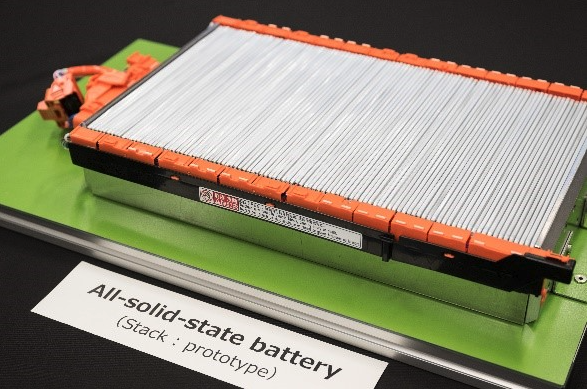


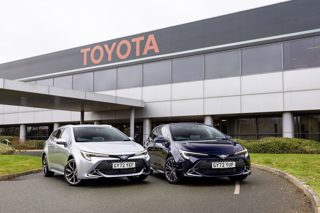
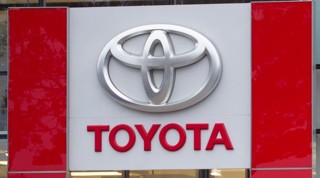
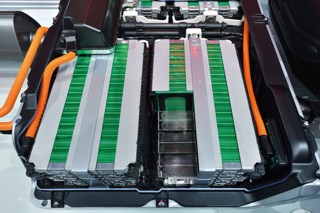
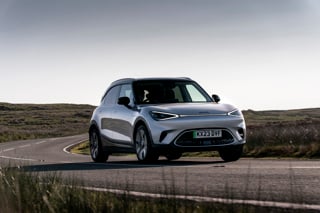













Login to comment
Comments
No comments have been made yet.